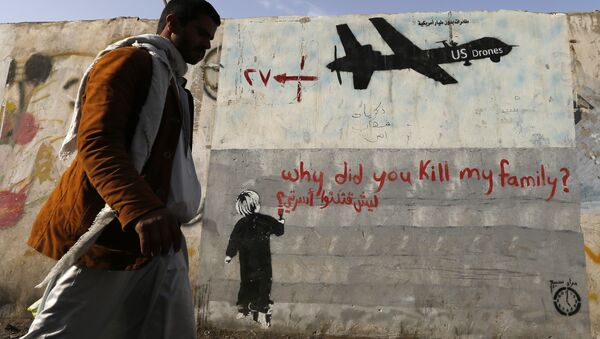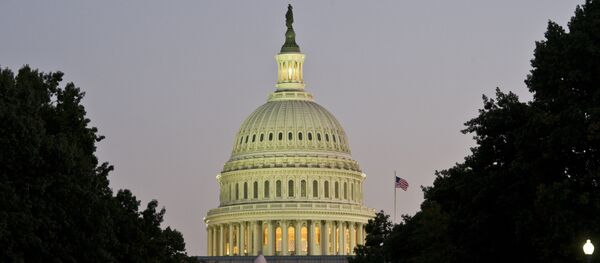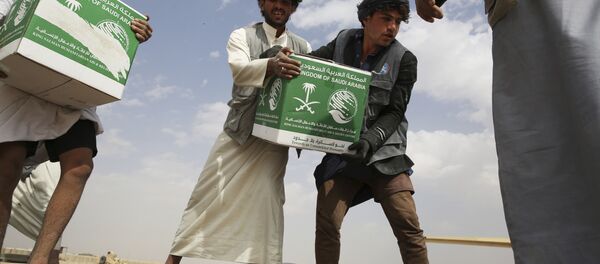"No it won’t stop", al-Ahmed said on Tuesday. "Both the English-dominated UK [United Kingdom] government and the United States are using this war to sell more bombs. There is no real goal here but to increase the Arab divide".
Yemen has been engulfed in a violent conflict between a government-in-exile headed by President Abdrabuh Mansour Hadi and the armed Shiite Houthi movement, also known as Ansar Allah, backed by army units loyal to former President Ali Abdullah Saleh, since 25 March 2015.
READ MORE: Five British Commandos Injured in Secret Operations in Northern Yemen – Reports
The armed conflict has killed at least 57,538 people, the Associated Press reported in November, noting that this estimate is likely to increase to 70,000 or 80,000 once death tolls from the first nine months of 2015 are analyzed.
US President Donald Trump has continued to strongly support Saudi and UAE participation in the war. However, they were originally encouraged to intervene by Trump‘s predecessor President Barack Obama, al-Ahmed recalled.
"This war was prompted by Barack Obama to increase & justify arms sales to the Saudis & to give Saudis a project to work on", al-Ahmed said.
READ MORE: Trump Administration Opposes Senate Resolution to End US Role in Yemen War
Policymakers in both the United States and the United Kingdom continue to strongly support the Saudis and the UAE forces inflicting civilian casualties while selling them expensive munitions, al-Ahmed recalled.
"It seems that killing over 100,000 Yemeni children brings joy to British Prime Minister Theresa May and American policymakers like Gerald Feierstein", al-Ahmed said.
Western indifference towards the continuing sufferings of the Yemeni people revealed deep levels of anti-Arab prejudice, al-Ahmed explained.
"This war has a lot of bigoted feelings behind it, and exposes these people bigotry towards Arabs", he said.
READ MORE: Violence in the Name of God: Pope Condemns Saudi-Led War in Yemen
Saudi coalition forces armed with US-made missiles and other weapons have killed over 12,000 civilians in the Middle East's poorest nation during their campaign, even as starvation and disease — particularly cholera — have caused hundreds of thousands to become refugees in their own country.
Views and opinions expressed in this article are those of Ali al-Ahmed and do not necessarily reflect those of Sputnik.



